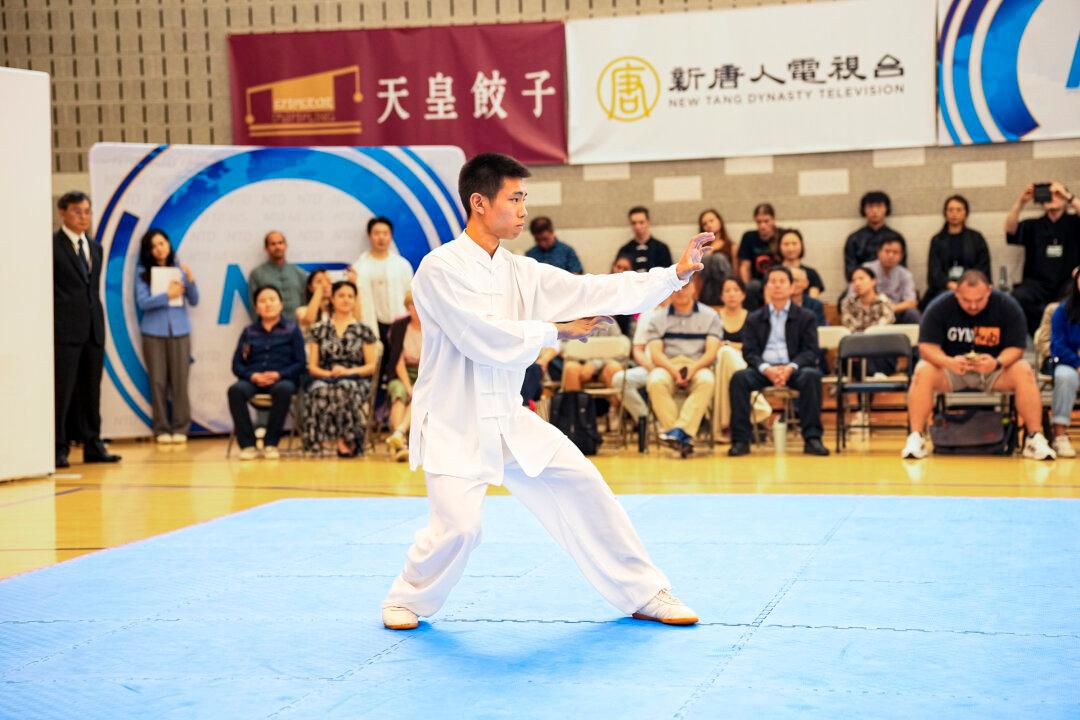China’s human rights situation has declined since last year, according to an annual U.S. Congressional report published on Oct. 8.
The report, published by the Congressional-Executive Commission on China (CECC), says that over the past year “the Party and government continue to violate the human rights of Chinese citizens in ways that significantly influence their daily lives.”
The report, which comes out every fall, covers developments in human rights, rule of law, Hong Kong, Macau, the regions of Xinjiang and Tibet, and the persecution of Falun Gong and other groups.
The CECC was established to monitor the state of Chinese human rights and rule of law and to report to the President and Congress. The CECC also maintains a database of Chinese political prisoners who have been detained for pursuing the political rights granted them under China’s constitution.
China still maintains strict control over the reproductive lives of Chinese citizens despite wide criticism of the policy. The one-child policy, implemented in the late 1970s, has been responsible for a declining labor force, demographic aging, and a heavily imbalanced sex ratio. This has caused millions of Chinese men difficulties in finding spouses, which encourages trafficking of Chinese and foreign women, particularly from Southeast Asia and North Korea.
Increasing harassment, threats and police action against lawyers who accept “politically sensitive cases” reached a peak this July, when the Chinese police illegally arrested, detained or “disappeared” over 250 attorneys.
The ongoing persecution of Falun Gong, a spiritual practice that has been systematically repressed by the Communist Party since 1999, featured in the report’s findings and recommendations regarding the freedom of religious belief. Practitioners of Falun Gong continue to be unconstitutionally detained, tortured, and sometimes killed in police custody.
The report included the case of Wang Zhiwen, a Falun Gong adherent who was released last year after 16 years of severe torture. He “reportedly suffered various forms of torture during his time in prison and was in poor physical and mental condition upon release,” the report says.
Allegations of forced organ harvesting from Falun Gong practitioners were also mentioned. Of illicit organ transplant in China more generally, the report said: “International medical professionals and human rights advocates expressed concerns regarding the voluntary nature of such donations.”
The Communist Party used state-run media channels such as Xinhua and China Central Television to discredit human rights lawyers and dissidents, saying they were “creating chaos,” and had formed “criminal gangs.”
The report authors say that China’s performance in the field of human rights has implications for whether the leadership is willing to follow international law in other areas.




